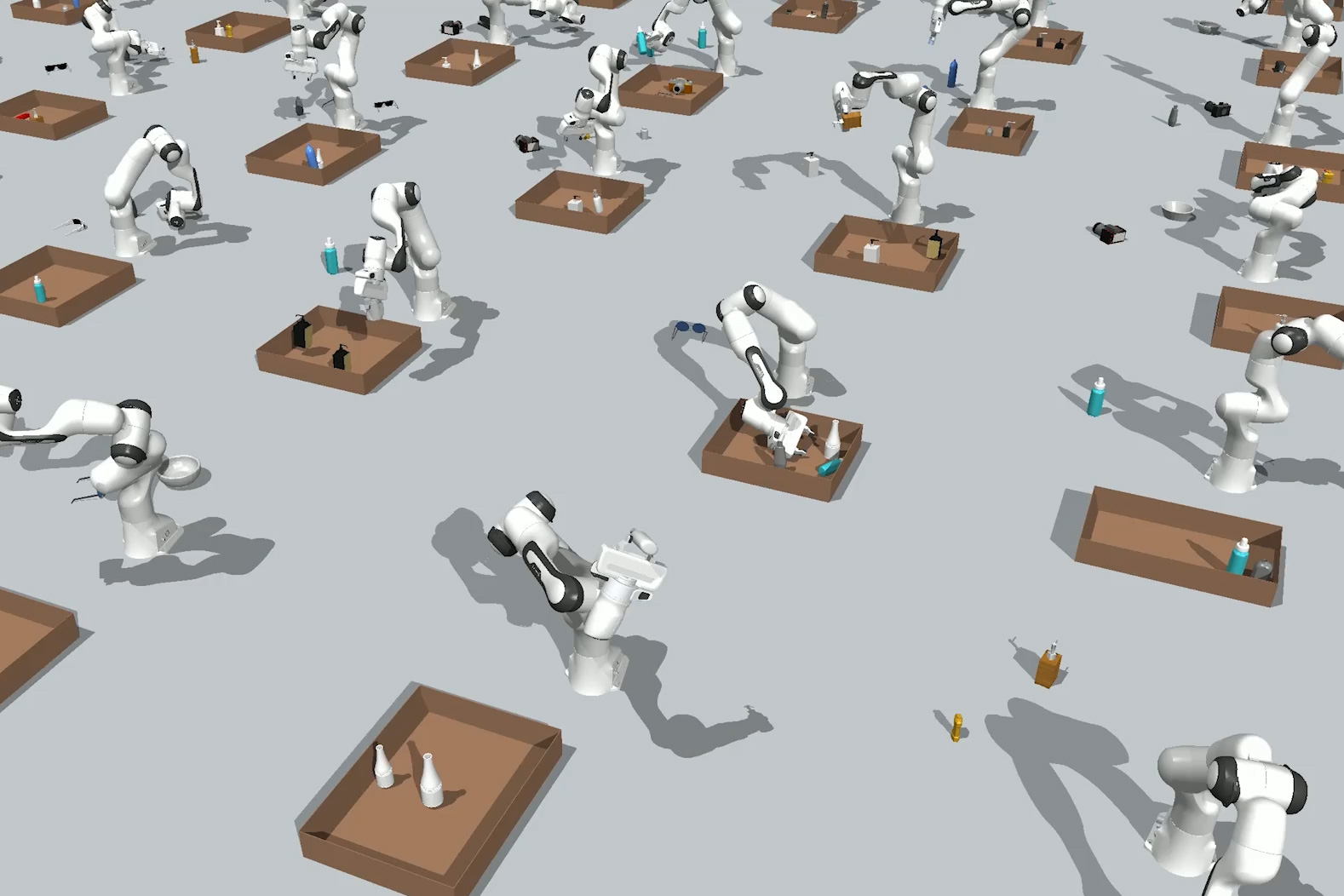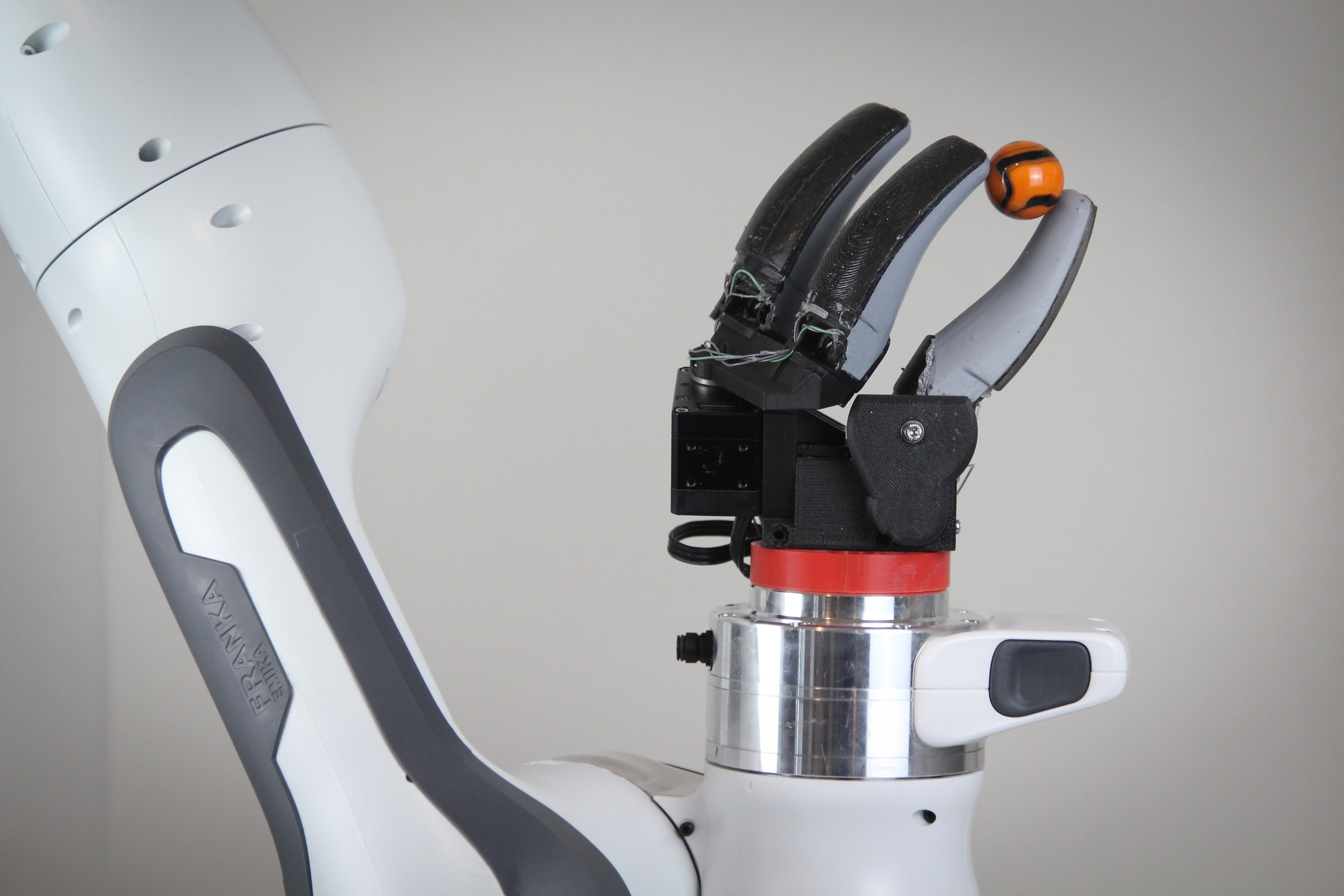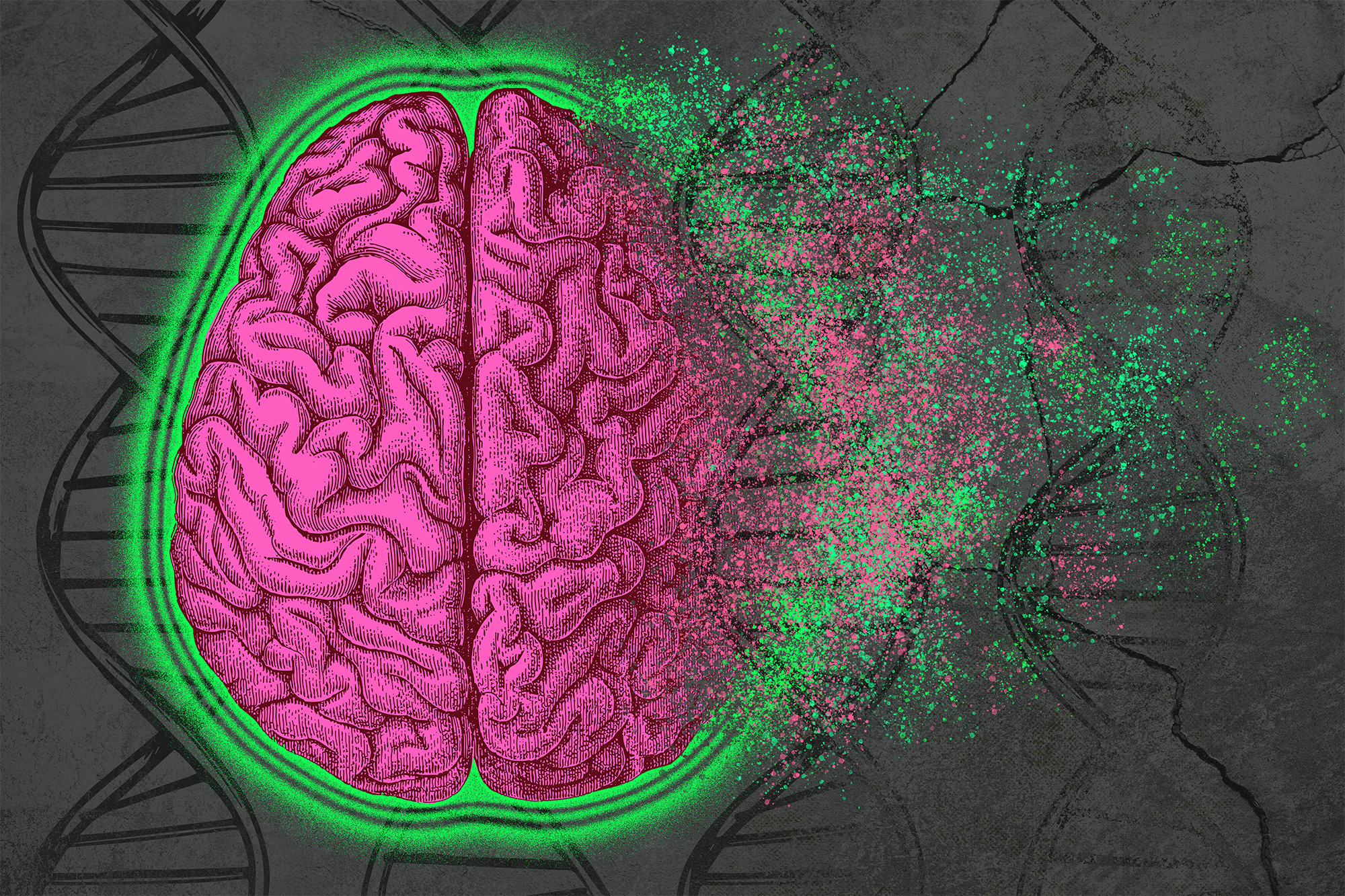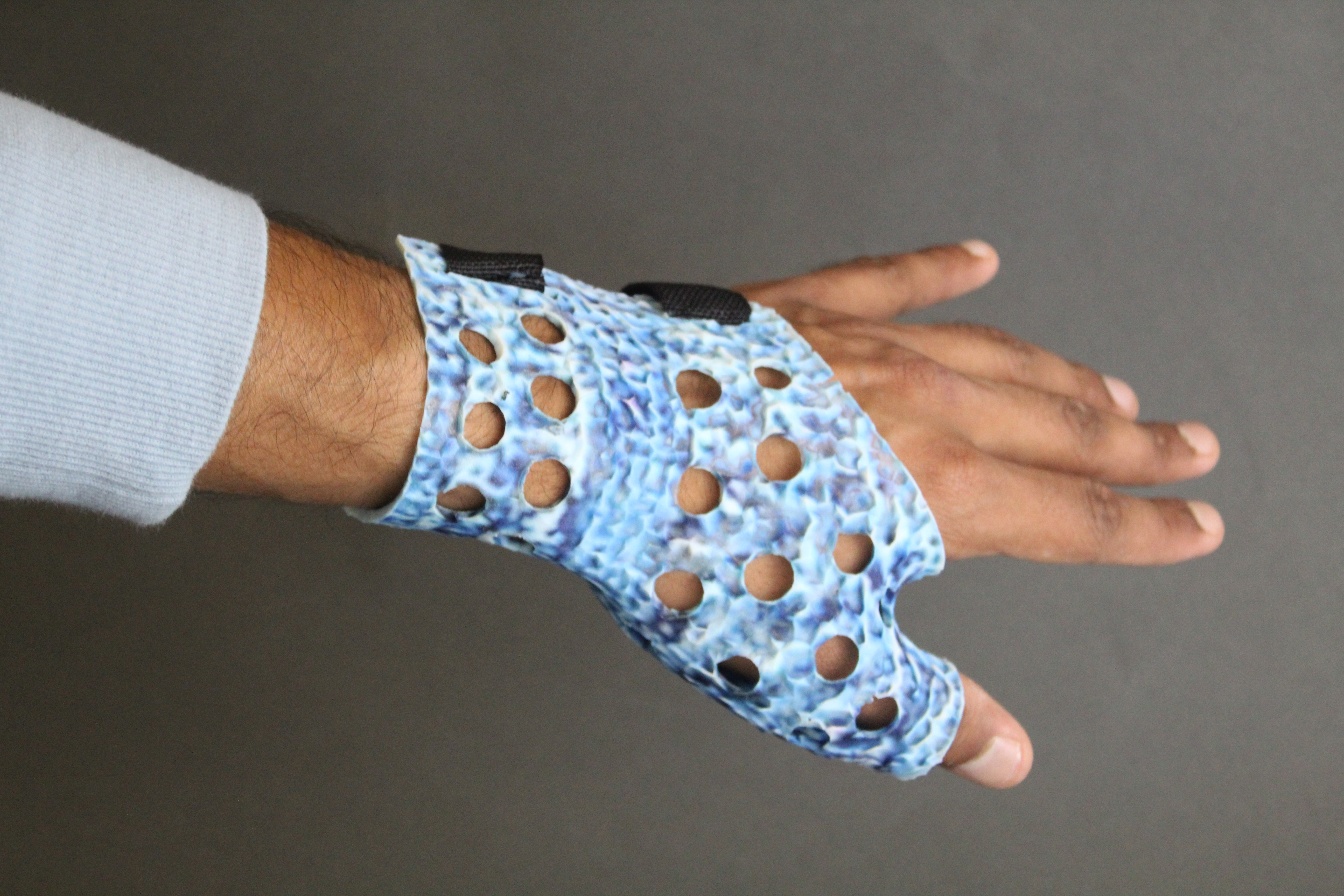How an archeological approach can help leverage biased data in AI to improve medicine
Although computer scientists may initially treat data bias and error as a nuisance, researchers argue it’s a hidden treasure trove for reflecting societal values.
Alex Ouyang | Abdul Latif Jameel Clinic for Machine Learning in Health •
mit
Sept. 13, 2023 • ~9 min
Sept. 13, 2023 • ~9 min
/
72










